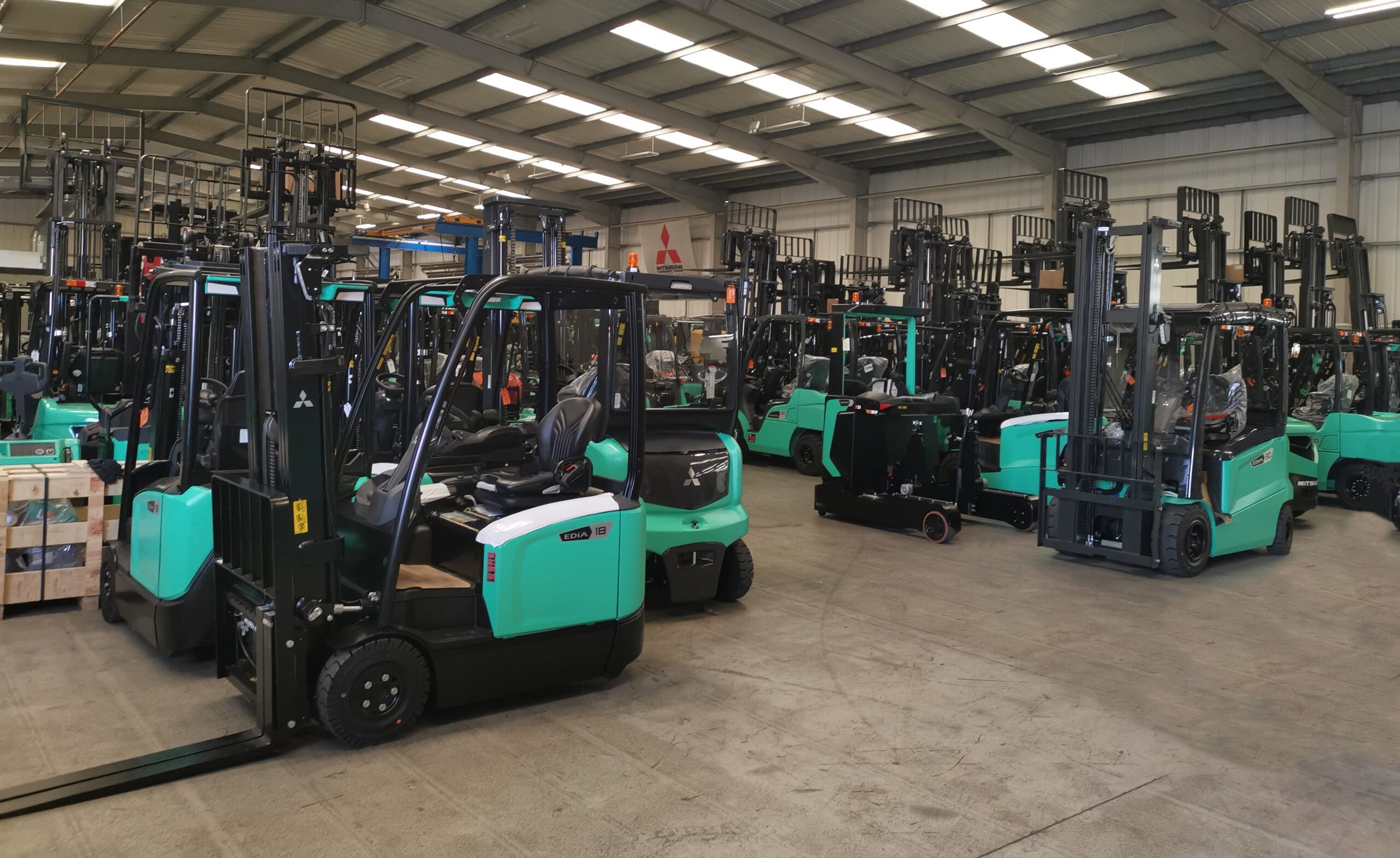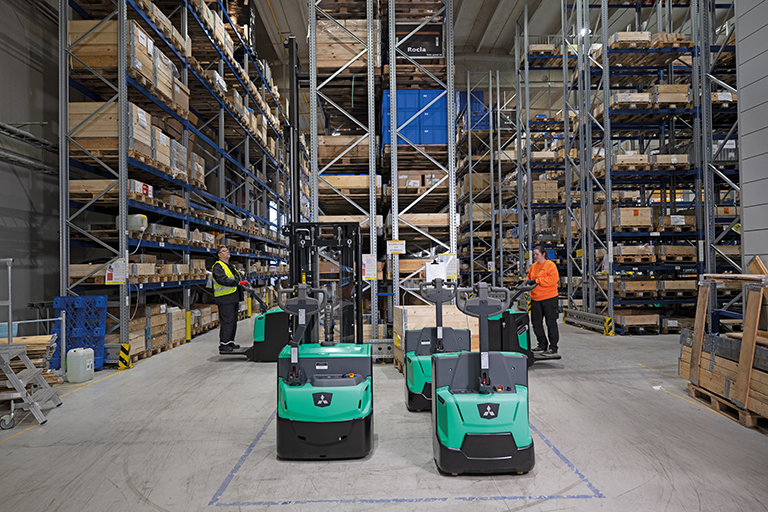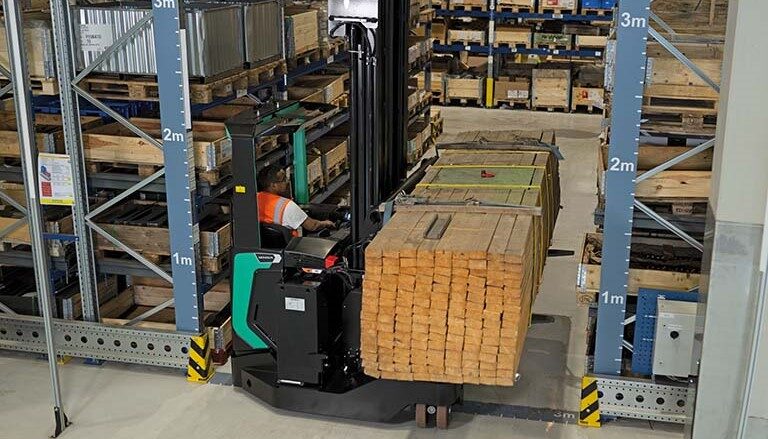Purchasing a forklift is a huge investment in the planning process. Finding the right forklift is critical whether you are upgrading your warehouse utilisation, diversifying your fleet, or replacing an aging unit. This guide takes you through everything you need to think about before buying a forklift — and whether hiring would be a better option.
What You Need to Know Before Buying a Forklift
1. Understanding Your Needs and Choosing the Right Forklift Type
Evaluate your operational needs before committing to a forklift purchase. Think about the weight and size of the loads you’ll be moving, the height you need to lift them, and whether your forklift will be working indoors or out. Electric, diesel, and LPG models are the common types of forklifts — base your selection on the advantages for your workspace.
They are perfect for indoor use because of their low pollution levels and quiet operation. Diesel, on the other hand, provides higher power and are used for outside applications. LPG models are both powerful and less polluting, to strike a balance between both industrial zones and urban environments. Knowing what you need will help you determine the best kind of forklift for your business.
2. Evaluating Technical Specifications
In addition to forklift type, you also want to consider key technical specifications to ensure high performance. If this is the first time, pay attention to factors such as:
- Load capacity – Make sure the forklift has the capacity for your heaviest loads.
- Lift height – Ensure this suits your warehouse racking or storage requirements.
- Turning radius – Necessary for jostling around narrow corners.
- Battery life or fuel efficiency – Impacts operational costs and downtimes.
Understanding these specifications will help you prevent getting a forklift that does not meet your needs.
3. Comparing Models and Brands
For what it’s worth, not all forklifts are created equal. Use research to decide on a model and brand that works for your workload and budget. Certain brands emphasise durability, while others prioritize fuel economy or features like automated controls and safety advances.
Customer reviews and industry ratings can help you assess the long-term reliability and maintenance costs of various models.
4. Investigating Brands and Dealership Reputation
Reputable brands are important, but the store where you purchase your forklift also matters. Dealerships also have varying warranties, maintenance plans, and customer support. Here’s what you need to know before making a decision with research:
- The dealership’s service and maintenance options
- Customer reviews and testimonials
- Availability of spare parts
- Manufacturer warranties
An excellent dealer will keep your forklift up and running for years to come with regular servicing and easy to get parts.
5. Deciding Between New and Used Forklifts
Budget is one of the key points regarding the selection of different types of forklifts, and as such, purchase decisions between new or used equipment can have an impact on long-term running costs.
- New forklifts feature manufacturer warranties, the newest technology and less maintenance. However, they demand a larger upfront investment.
- Therefore, used forklifts are cheaper, but they may cost more when it comes to their maintenance. Before investing in a second-hand forklift, always check its service history and find out about its overall fitness.
A certified pre-owned forklift from a dealer with a reputation for trustworthiness may serve as a good middle ground if you have a tight budget but desire reliability.
6. Prioritising Safety and Operator Requirements
If you are in the market for a forklift safety is an important consideration. Make sure the model you select adheres to safety standards and comes with features like:
- Overhead guards
- Load backrests
- Warning alarms and lights
- Stability control systems
Consider also the comfort and usability of the operator. An ergonomic forklift with harmonised controls can increase productivity and help diminish fatigue.
Training needs are another consideration — make sure your operators are certified to operate the type of forklift you buy. Other models may need training depending on how large they are or how they are meant to operate.
7. Making Your Final Selection and Arranging a Test Drive
After you’ve made the shortlist, you should test-drive the forklift. This is why a test drive is so important; it gives you a chance to:
- Handling and maneuverability
- Comfort and ease of use
- Visibility and safety features
- Noise levels and performance under load
Most dealers will provide on-site demonstrations or short-term rentals so you can trial the forklift in your own working environment before making a final purchase decision.
8. Completing the Purchase and Arranging Delivery
When you’ve decided on a forklift, examine the purchase agreement carefully. Make sure to check warranty details, maintenance packages, and any extra charges. When financing the purchase, shop around for interest rates and repayment terms.
After the paperwork is signed, schedule a delivery date that is convenient for your business, and make your team aware of what to expect when it arrives. Organise operator training if required, to make the best use of your new forklift.
Buying vs. Hiring a Forklift: Which Is Better?
The purchase of a forklift means that you own the machine outright but hiring it can sometimes be a more sensible and cost-effective alternative. Here’s a look at each option:
Benefits of Buying a Forklift
- Full ownership with no recurring rental costs
- Greater control over maintenance and usage
- Long-term investment that pays off if used frequently
But buying also saddles businesses with high up-front costs, depreciation, and ongoing maintenance expenses — not something every business wants.
Why Hiring a Forklift Might Be the Better Choice
- Lower upfront costs – No large investment required, making it budget-friendly.
- Flexibility – Easily switch models based on workload changes.
- No maintenance worries – The rental provider handles servicing and repairs.
- Access to the latest models – Always work with modern, efficient forklifts without worrying about depreciation.
Renting a forklift is perfect for businesses who experience ups and downs in demand, and for those who do not want the financial risks of ownership or have seasonal demands. It lets you scale up or down without long-term investment.
Choose Alto Handling for Your Forklift Hire Needs
Alto Handling provides flexible rentals for those of you who consider forklift hire instead of buying moving forward. With our hire options, you have access to high-quality machines without the expense of ownership, available for short term projects or long-term use.
We operate a fleet comprising electric, diesel and LPG forklifts, all maintained to the highest standards. Leave the stress of ownership behind by hiring from Alto Handling, with flexible contracts, specialist know-how and simple servicing.
Call today to discover your ideal forklift hire solution.








